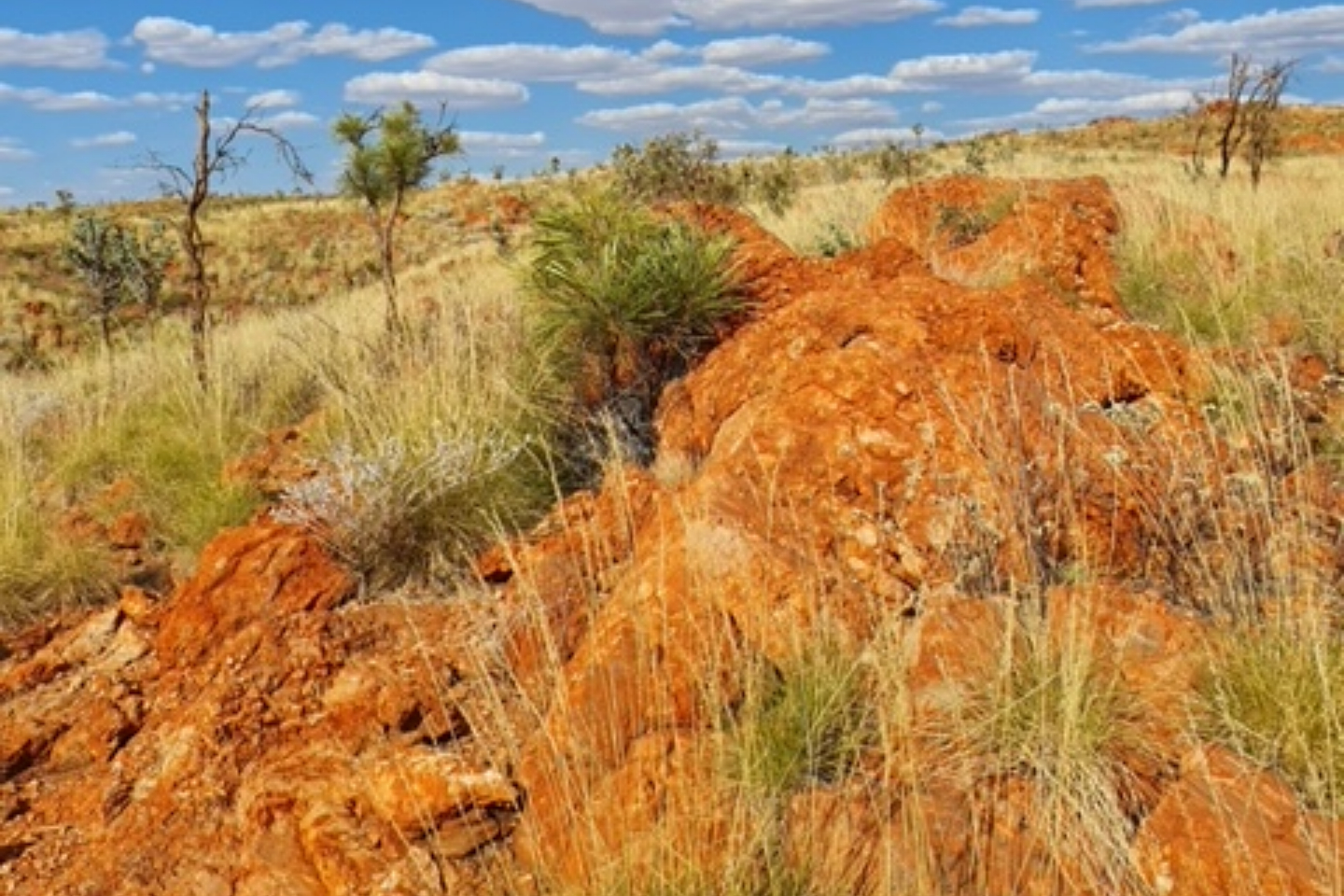WA-focused mineral explorer Tambourah Metals has added two new exploration licences to its Russian Jack lithium project in WA’s Pilbara region. The new zones are already producing results with rock chips going as high as 1420ppm lithium. The new licences have more than doubled Tambourah’s project size to over 500 square kilometres.


WA-focused mineral explorer Tambourah Metals has added two new exploration licences to its Russian Jack lithium project in WA’s Pilbara region. The new zones are already producing results with rock chips going as high as 1420ppm lithium.
The new exploration licences have more than doubled Tambourah’s project size to more than 500 square kilometres with approximately half of it capturing the prospective Bonney Downs granite rock unit, a member of the broader Split Rocks Supersuite package.
Tambourah Metals Executive Chairman, Rita Brooks said: “The Split Rocks Supersuite is the engine room of the East Pilbara for the emplacement of pegmatites and the granting of these two exploration licences will provide the impetus for accelerated lithium exploration within this large tenement package.”
In its first mapping and sampling efforts at the project the explorer picked up a strong scent of lithium on the northern contact of the granite.
Field mapping draws pegmatites from one to 20m wide with sampling of a 10m wide pegmatite yielding the standout sample going 1420ppm lithium and 1930ppm rubidium.
The results strongly augment the anomalous grades of 72ppm lithium and 42ppm rubidium uncovered in historical data.
Further mapping will be undertaken to define the full extent of the pegmatites and identify new locations of interest.
In addition, lithium’s associated elements were found within the prospective granite — a characteristic that the company believes is typical of the region.
In the case of the Pilbara’s world class lithium mines including Pilgangoora and Wodgina, evolved highly fractionated intrusions such as the Bonney Downs unit serve as sources for rare metal spodumene pegmatites that intrude into the surrounding rocks.
The company also points to historical alluvial tantalite workings in the north of the newly granted tenements that contains ‘albite-bearing’ pegmatites it finds very similar in appearance to those hosting ASX-listed Global Lithium Resources’ Archer lithium deposit.
So far work completed on the Russian Jack project includes the compilation of available geologic data and first pass fieldwork in a part of the tenement that resulted in successful identification of pegmatites in the field.
Tambourah recently started processing historical hyperspectral surveys to assist in differentiating between lithium-bearing and non-lithium-bearing pegmatites.
The explorer plans to get its boots back on the ground to assess priority targets within the final quarter of the year with detailed surface geochemistry and submission of drill permits to follow.
Geoscience Australia says about 95 per cent of Australia’s lithium resources are found within just five deposits and all are in WA and importantly, two of them, Pilgangoora and Wodgina, belong to the Pilbara.
Is your ASX-listed company doing something interesting? Contact: matt.birney@businessnews.com.au









